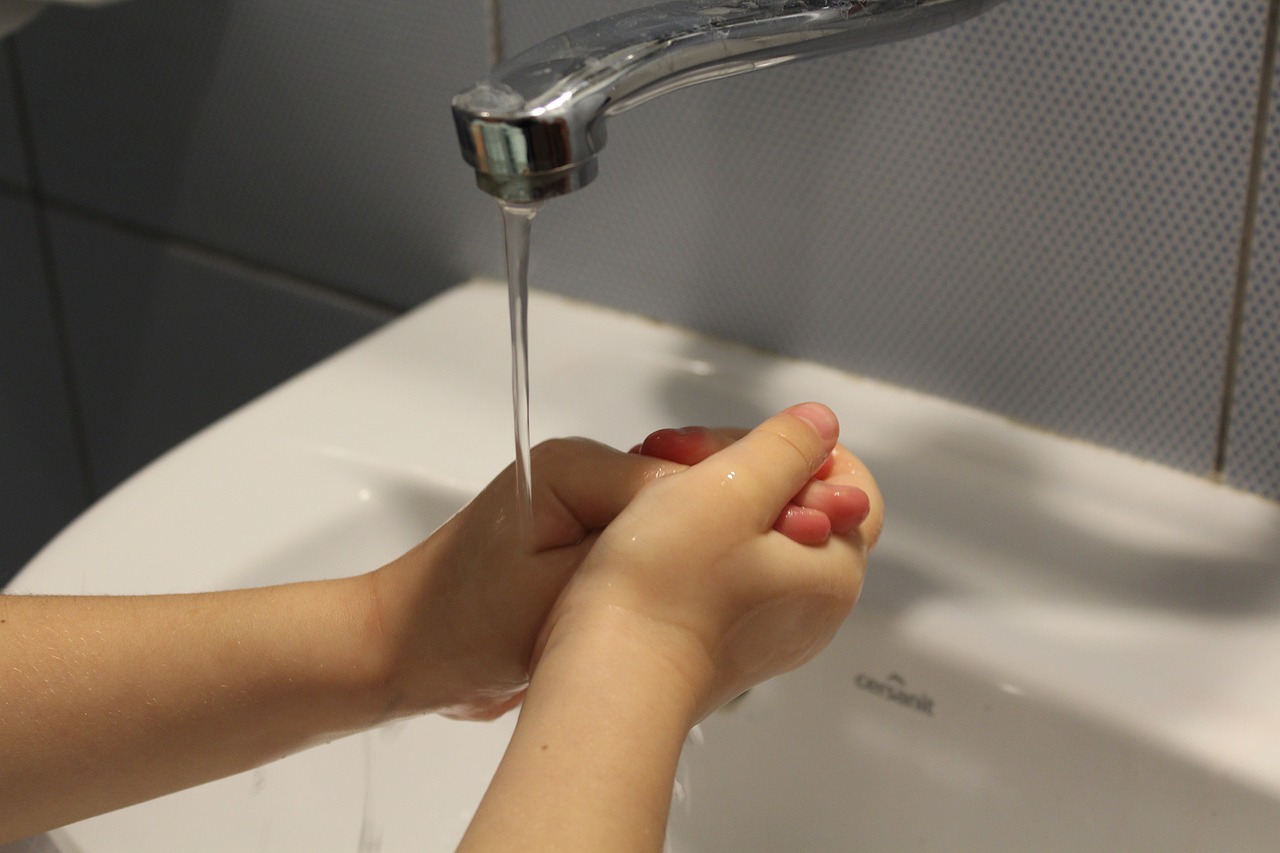While the schools are opening after weeks of lockdown caused by the coronavirus pandemic, health experts are worried about following safety protocols. The data from the World Health Organization- UNICEF tells that 2 out of 5 schools had no basic handwashing facility even before the ongoing pandemic was started. It makes nearly 43% of the schools from all around the world.
It means all these schools had no access to water and soap in the last year which raises a big question on the decision of reopening the school. If all of these schools had no hand wash facility, would they be able to follow the safety protocol necessary to keep all these children safe? More importantly, is it safe to re-open the schools right now?
Also read- Will a Vaccine Guarantee the End of Coronavirus Pandemic?
Closing the school due to the coronavirus pandemic was a big loss for their education and overall health.
Henrietta Fore the Executive Director of UNICEF says that children’s learning is the top priority and it also means making the schools safe for them before reopening. Access to soap and water will make sure that schools are safe to be opened.
The UNICEF report reveals that nearly 818 million children from all parts of the world have no handwashing facility in schools. This means all of them are highly susceptible to contract coronavirus after the schools are re-opened.
It makes coronavirus one of the highly transmissible diseases in children. Not to forget, 1/3rd of these children belong to the sub-Saharan African countries. Even in the developed countries, a majority of these schools have no handwashing facility and sanitation services.
This report highlights the need for better control policies made by the governments to control the potential cases of coronavirus in schools. This control necessarily needs to get a hold over public health safety measures.
There is strong evidence that closing the schools for long itself is a threat to children’s health and safety and it will also impact their learning abilities. But to revive all this for them, it is necessary to ensure their safety first.
Dr. Tedros Adhanom Ghebreyesus, the DG says that public health is a prime concern of governments and they are focusing on implement new strategies for safely opening the schools and businesses while the virus is still around. Access to the handwashing facility and hygiene services is necessary for coronavirus management.
Also read- Gulf War Syndrome – Is it Real?
The report also finds that out of all these 818 million children who have no access to sanitation, 355 million had access to water but no soap available. 462 million children at schools had neither hand washing services nor the water available to them.
60 countries which are at the highest risk of the virus, most children have no access to the handwashing services offered by their school when the pandemic first started.
This report mentions the critical elements necessary for pandemic management. It has also enlisted the immediate action plans and the checklists required for the schools to re-open. These guidelines to open the schools after the pandemic are issued at a time by UNESCO, UNICEF, WFP, and the World Bank. It also explains the practical tips for all local and federal authorities telling them how to make school a safe place for children after the lockdown is lifted.


